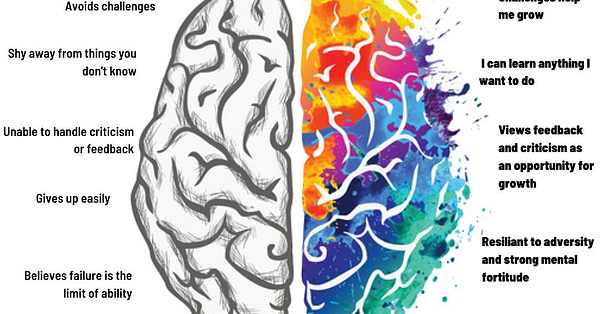Transforming to a Growth-Focused Culture at your Company
Transforming to a Growth-Focused Culture at your Company
The last few years have presented many and varied challenges for companies large and small. These challenges have seen large shifts in the way people do business and the way that people are living. This disruption has meant that many companies can no longer rest on their laurels and remain stuck in the way they’ve always done things.
It’s a new dawn and the old playbooks have been thrown out the window. If your company is returning back to business as usual you may find that it’s not possible to return to doing business in the old ways.


So what’s needed for companies to move forward and grow in this new era?
One of Unlocking Growth’s clients, Humanforce, has been able to weather these uncertain times despite having been impacted by many of their customer base downsizing during the pandemic.
Over the course of working with Unlocking Growth for 18 months, they were able to manage their priorities and implement a long lasting and effective growth model.
In addition to dealing with the pandemic impacts, Humanforce was also in a transition from on-premise software to a SaaS model, which is no easy feat! As a workforce solution Humanforce’s offering comprises both hardware and software.
This cultural shift came during their staged transition to this SaaS model, when it was recognised that they required much more than just new hardware - it necessitated structural changes and a growth-focused culture.
In a growth focused company, all team members are involved in a cycle of constantly identifying problems, hypothesising causes and ideating and creating solutions to test out if they make an impact.
Companies that make this an essential part of their business culture experience several benefits. It unlocks the capacity of more stakeholders and practitioners to ideate, experiment and yield results. In having more people focus on growth and experimentation, business leaders find that they are diversifying the risk of finding growth as opposed to looking for the fast track or “silver bullet” to success.
A culture of experimentation and growth also inoculates against the “know it all” culture. With staff and executives being encouraged to constantly look for better solutions and experiment in their roles it is evident that they won’t assume that they are always right. That’s because they’re in an environment where a scientific approach is appreciated and being wrong about something does not mean they are a failure, it simply means that they need to try a different method. This mindset helps to shift a team’s perspective on innovation and also helps with staff satisfaction and retention.
Part of adopting this culture at Humanforce was ensuring that experimentation was embedded in the daily tasks of their teams. An approach like this requires the backing at the executive level and gives permission for staff to show creativity and innovation.
Humanforce executives were able to implement a cross-functional growth team that formed a steering group. This growth model, along with a newly implemented organisation-wide prioritisation methodology saw the company engage in meaningful and impactful problem solving and experimentation that is still in practice today.



